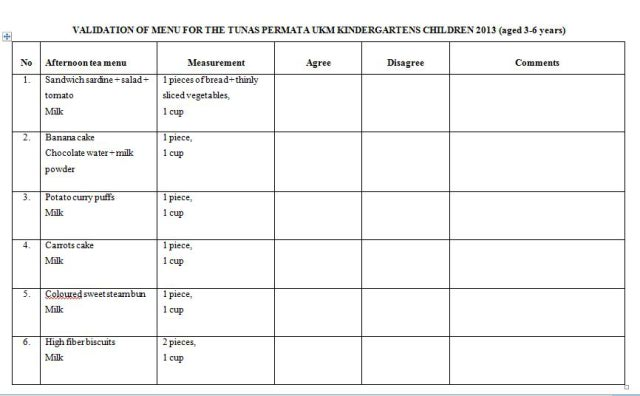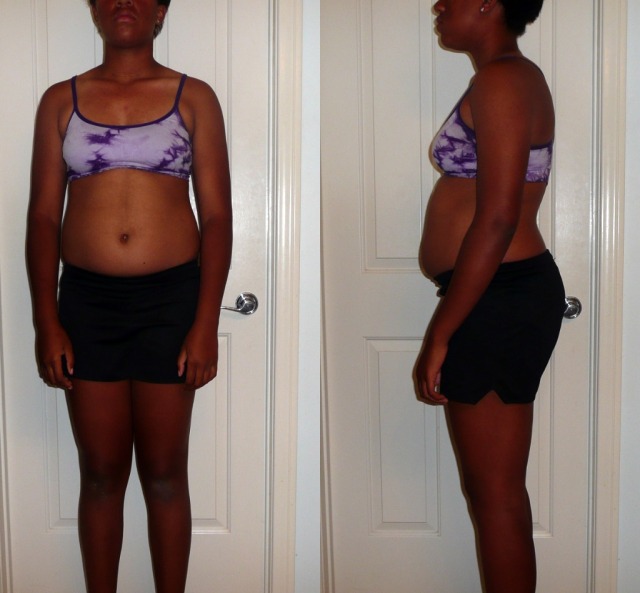Lose Weight > Question and Answer > Nutrition Dieting > Calories in fibers, enzymes, and the digestive systems
Calories in fibers, enzymes, and the digestive systems
Question
Hi again and thanks for answering. I was actually taking a type of fiber called Inulin, about 35g of it. I think thats mostly soluble fiber. I wonder how many calories that would provide if any? When you say that psyllium husks give about 67 calories are you refering to the byproducts of the microflora after they have fermented it which is then absorbed by the colon? Sorry if i sound confused lol, im just trying to understand how this whole fiber thing really works. Thanks again.
-------------------------------------------
The text above is a follow-up to ...
-----Question-----
Hi, i want to start taking a fiber supplement but i am also dieting. I read an article where it says some studies have found that some fiber can be fermented and consequently digested in the color by our microflora, which then adds some calories back into our system. Can you tell me if this is true? Thanks and regards...
-----Answer-----
Hi Ruby,
Depending on fiber type, it can be true or not. For example, 1 cup of ground Psyllium husks (96.5g fiber) has 67 Calories. Soluble fibers can be fermented easier than insoluble, finely ground can be expected to yield more calories than not ground, cooked (like in bran muffins) are easier fermented as well.
Also, to successfully ferment a food, one has to have healthy and active friendly bacteria in the intestines and avoid combining fiber-containing food with foods that interfere with the fermentation process, e.g., strong tea, acid foods, or alcohol.
There's a theory claiming that digestive systems of every species, including human beings, are designed with certain foods in mind. As long as we stick with these foods, our enzymes extract maximal amount of calories out of them. The problem is, scientists cant decide what those foods are for us humans.
For one thing, a very successful diet by Russian MD Galina Shatalova consists of vegetarian foods and in a due time results in very low calorie consumption that nevertheless cover very physically demanding life style prescribed by Dr; Shatalova. If interested, take a look here:
http://dietandbody.com/Very_Low_Calorie_Diet.html
= TZ
Believe it or not, nobody can tell you for sure. They measure calories the way that doesn't (and cannot) take into account the input of your intestinal microbes :) -- just same as they measure how much heat is required to heat 1 gram of water to 1 degree Celsius (1.8 degrees Fahrenheit).
= TZ
- Prev:salmonella and e. coli
- Next:Too much fruits
Related Articles
-
Low glycemic index foods
QuestionQUESTION: Hello: I am a male in my early 60s and I was wo
-
Flab.
QuestionI am a 20 year old girl. 5.7 ft tall and weight of 60 kgs
-
Daily Calorie intake
Question how many calories should I have in one day? AnswerThe R
-
nutrition & diet
Questioni am 40years old, have little l1,l4,l5 disbulge problem,
-
No fruit?
QuestionI completely understand everything in moderation and impo
-
Please Help
QuestionMy problem is i hate to cook. And being only 20 years old
- DON'T MISS
- Supplement Confusion
- Weight loss/fitness
- strength building
- Is full cream sweetened condensed milk good for you?
- Fiber-rich foods and getting enough of minerals from mineral-rich foods
- exercise and metabolism
- Why am I not losing weight?
- Getting Bigger
- 1500 Calorie diets
- Nutritional Supplement




